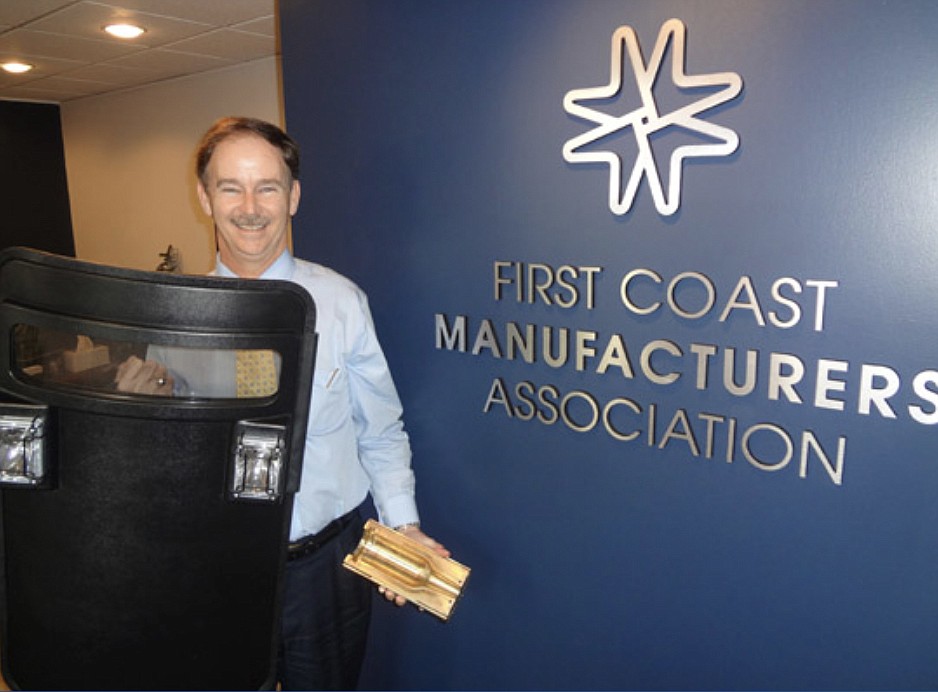
As the city considers selling JEA, a group of area manufacturers wants it to consider the negative impact that potential higher energy prices could have on their industry as a result.
Lake Ray, the president of the First Coast Manufacturers Association, expressed those concerns in a Feb. 21 letter to Mayor Lenny Curry on behalf of the group’s 250 members.
Ray states the group is concerned that neither the city nor JEA has involved the area’s large manufacturing companies during recent privatization conversations.
Ray said selling JEA is likely to increase energy costs for the companies, “which are consistently the largest customers buying energy from JEA.”
“Consistent and predictable rates and reliability are critical components to manufacturers,” he wrote. “Any rate hike as a result of the sale of JEA could cost businesses hundreds of thousands of dollars.”
In an interview Wednesday, Ray said the association doesn’t want to become involved with “whether it’s the right thing to do politically.”
“We’re very focused and concerned because if another company comes in, it’s highly unlikely they’re not going to increase rates,” he said.
He said the city also may have trouble recruiting manufacturers to Jacksonville if they know in a few years their energy bills could increase after a sale.
For existing companies, he said a sale could mean the difference between renewing a lease in Jacksonville or moving operations outside of JEA’s territory.
Ray said he estimates 70 to 80 percent of the cost of manufacturing comes from energy and materials.
“Even if energy costs go up by 5 percent, for example, that’s going to show up on the back end,” Ray said. “Those costs, ultimately, get pushed to the consumer or the company goes out of business.”
Ray, a former City Council member and state representative, said he’s always in favor of a free enterprise system, but with JEA, “you’ve got a monopoly, and a large one at that, so already you’re not dealing with a free enterprise situation.”
He said the association’s position on the JEA sale should not be taken as a shot at private utility companies like Florida Light & Power, which the association represents.
“This is not about, ‘we don’t think they can do the job’,” he said. “This is about protecting the energy costs for our members.”
Ray said in some cases private utility companies are more beneficial to association members than public entities. He said with private companies, larger purchasers of power and water can work out deals for lower rates based on consumption.
“For our members under JEA’s territory, some of them are already at a disadvantage because there is no negotiating of special rates with a public utility,” he said.
“So if rates go up, and a new company isn’t willing to negotiate with the existing customers, then what choice do they have other than to shut down or relocate?”
According to the association, it is the largest trade organization based in Northeast Florida. It said it provides workforce training, networking and business relationships through committees and special events. It also lobbies local, state and federal lawmakers on issues on the members’ behalf.
“As they continue to discuss this topic, we want to be involved and engaged,” Ray said. “It’s that simple.”